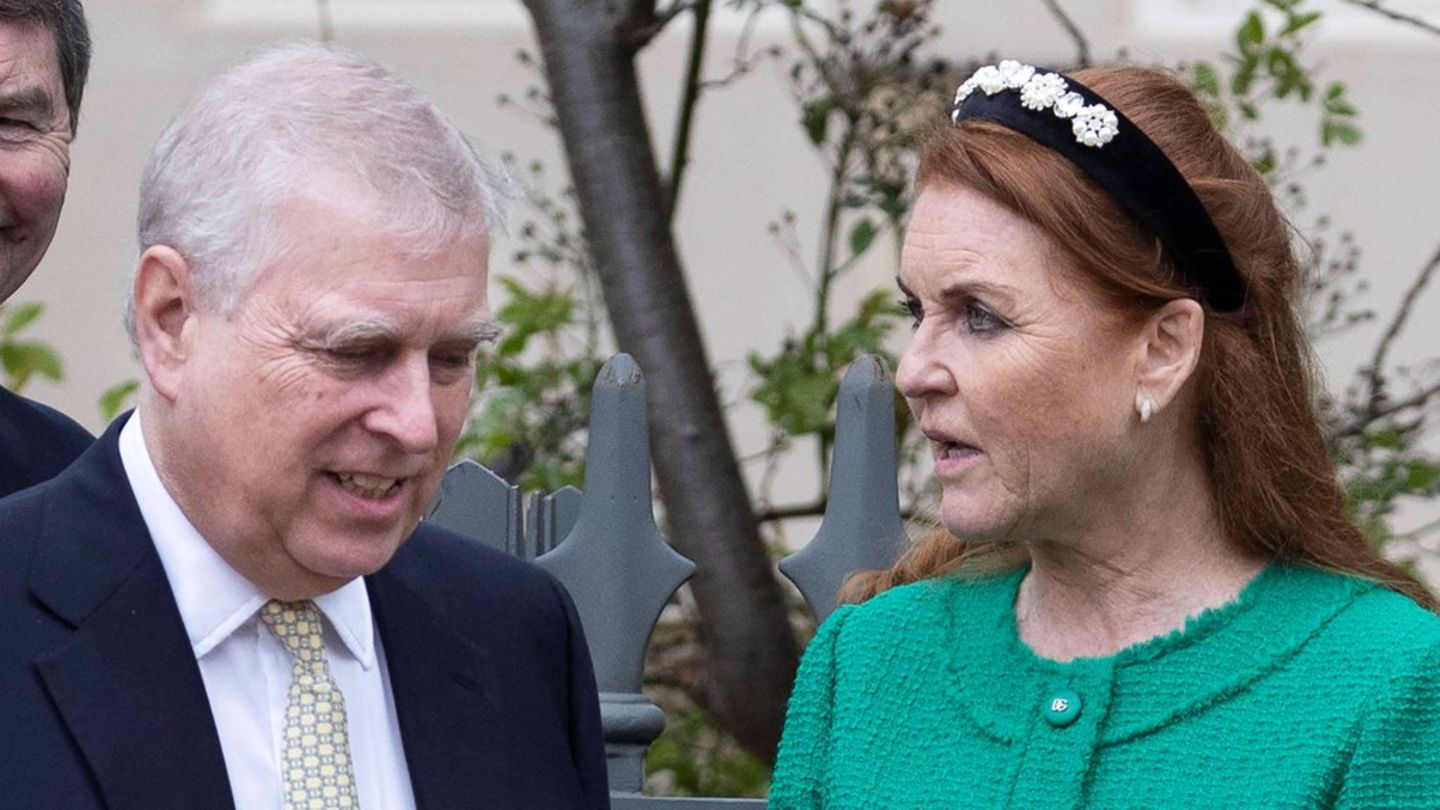The number of people who depend on care has risen sharply – but the shortage of skilled workers is enormous. The traffic light continues to rely on workers from abroad. Patient advocates have doubts.
The traffic light coalition wants to recruit more nurses from countries with a large labor force such as Brazil. Federal Minister of Labor Hubertus Heil (SPD) told the “Neue Osnabrücker Zeitung” (Saturday) that he would travel to Brazil in June together with Foreign Minister Annalena Baerbock (Greens), because there the labor force potential in the care sector was very large.
In addition, there are agreements with Indonesia and Mexico. Heil had only visited Ghana in West Africa in February together with Development Minister Svenja Schulze (SPD), where the recruitment of skilled workers was also an issue.
“Together with the economy, a recruitment strategy will be implemented in countries where there are more young and well-trained people than the local labor market can absorb,” Heil made clear. “We will proceed very sensitively so that we do not take away from any country the workers that it needs itself,” said Heil. “We benefit, the countries of origin benefit, for example by getting involved in local training, and the people who come to us benefit: through a well-paid job for themselves and perhaps also through the opportunity to support family members at home financially to support.”
33 unemployed nurses for every 100 vacancies
The number of people employed in nursing professions has recently increased somewhat. For 2021, the Federal Employment Agency had given the number of people who were subject to social security contributions in care at around 1.67 million people a few days ago. That was around 44,300 more than a year earlier. Since the beginning of 2022, however, the increase in employment in care has “noticeably lost momentum,” the federal agency stated in a special publication. Currently there are only 33 unemployed nurses for every 100 vacancies. The Federal Agency speaks of a “significant shortage of skilled workers among nursing staff”.
However, the number of people who are dependent on care has risen sharply. According to the Federal Statistical Office, there were still 2.02 million people in need of care in December 1999, in December 2009 there were already 2.34 million, in December 2019 around 4.13 million and in December 2021 around 4.96 million. By 2055, experts expect an increase to 6.8 million.
The federal government has been trying to recruit nursing staff from abroad for years. The then Health Minister Jens Spahn (CDU), for example, flew to Mexico in 2019 to make it easier for nurses to get to Germany. However, success was very limited. In 2022, a total of 656 foreign nurses were placed in Germany by the Federal Employment Agency. Most recruited nurses were from the Philippines with 255.
Patient advocates have doubts
With the Skilled Immigration Act, the traffic light coalition wants to bring more people to Germany in order to close the gaps here. With its law, the federal government wants to make it easier for workers with foreign professional qualifications to immigrate via a points system. It also provides for easier family reunification. The first reading of the law has already taken place in the Bundestag.
Patient advocates doubt that the shortage of skilled workers can be solved by immigrating from abroad. The recruitment numbers of non-European workers have been very sobering for over ten years, said the head of the Patient Protection Foundation, Eugen Brysch, the German Press Agency. Above all, he sees better working conditions as the key. Then half of the part-time employees and even 60 percent of those who left could imagine returning to work or increasing the number of hours. At least 300,000 additional workers would be available. “The lack of nurses is first and foremost a domestic German problem. The few additional hundred Brazilian nurses will not solve that,” emphasized Brysch.
Source: Stern
I have been working in the news industry for over 6 years, first as a reporter and now as an editor. I have covered politics extensively, and my work has appeared in major newspapers and online news outlets around the world. In addition to my writing, I also contribute regularly to 24 Hours World.




